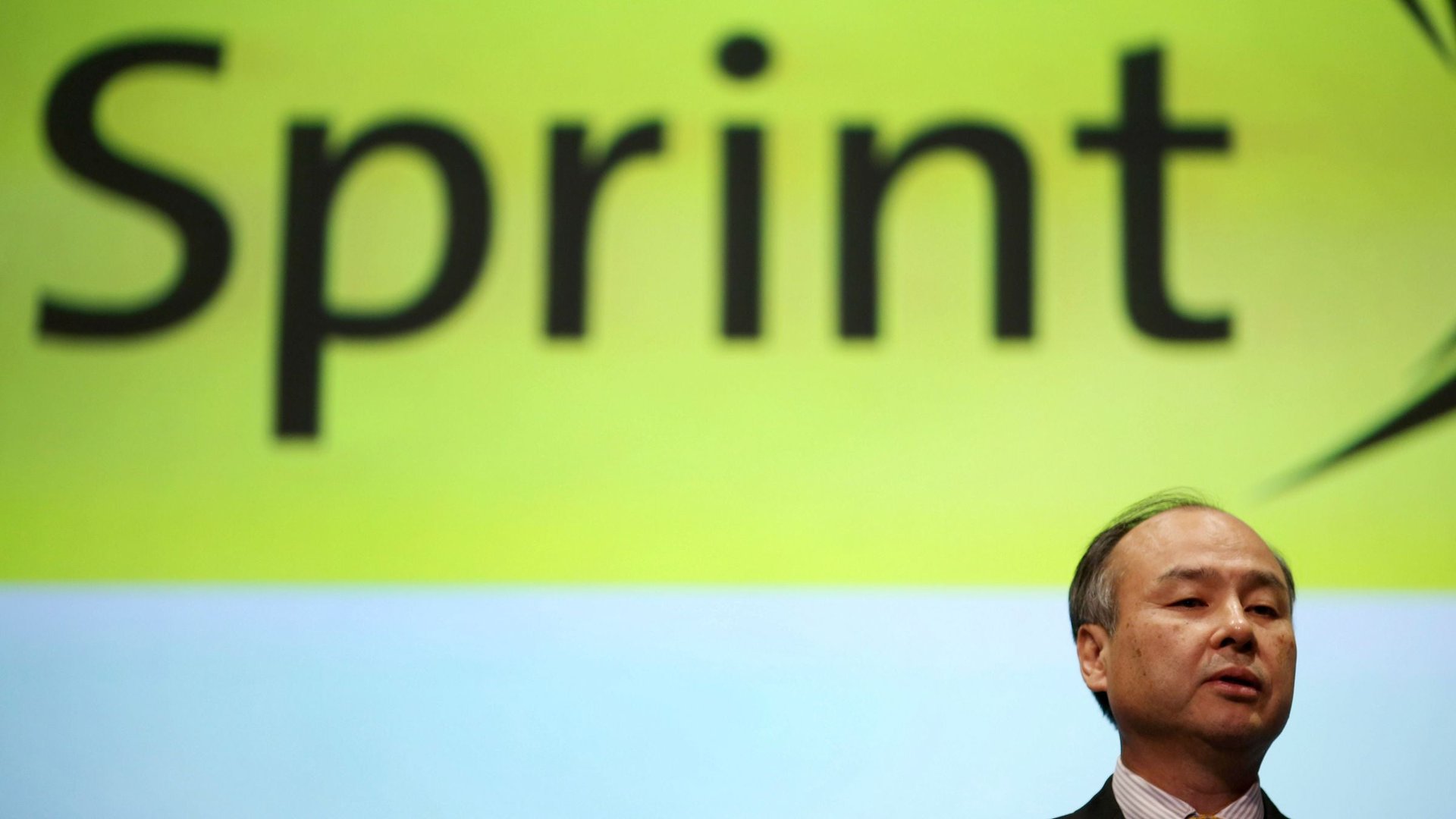Sprint is the only telecom backing strong net neutrality rules, and it’s a big deal
The US Federal Communications Commission is getting petitioned by internet activists and even US president Barack Obama to treat the internet like a public utility, but the telecom sector says that tough rules would kill their incentive to invest in new networks. Even the so-called uncarrier, T-Mobile, sounds like the establishment on this issue.


The US Federal Communications Commission is getting petitioned by internet activists and even US president Barack Obama to treat the internet like a public utility, but the telecom sector says that tough rules would kill their incentive to invest in new networks. Even the so-called uncarrier, T-Mobile, sounds like the establishment on this issue.
So it’s all the more surprising that Sprint, the third-largest mobile carrier in the US, just told the FCC that it would keep putting money into new technology even if data transmissions become more heavily regulated, under net-neutrality rules that would prevent telecoms from selling access to data fast lanes to select customers.
Sprint’s chief technology officer, Stephen Bye, wrote to FCC chairman Tom Wheeler to say that “Sprint does not believe a light touch application of Title II”—that’s the authority that treats the internet as a common carrier—“… would harm the continued investment in, and deployment of, mobile broadband services.”
This is partially because Sprint, which doesn’t have an extensive wireline business, has already committed to upgrading its wireless data infrastructure, while more wire-focused companies like Comcast, AT&T, and Verizon face higher costs to upgrade their last-mile networks. It also doesn’t command the marketshare (yet) to demand high prices for paid prioritization—and even has to pay to use AT&T and Verizon’s networks for some back-end services, so the prospect of equal-treatment rules appeals to it as a customer.
But the move also speaks to the overwrought approach the industry has taken to common carrier rules. Sprint notes that it entered the US phone industry after the FCC allowed new competition under Title II, and continued to upgrade its network over time under the same regulatory regime.
This view became public the same day that Republican lawmakers, seeking to preempt a scheduled FCC vote in February on net-neutrality, introduced legislation that would prevent the FCC from treating the internet as a common carrier. Sprint’s position muddies the industry’s argument, giving more credence to the push for open internet rules, but that won’t stop its larger competitors from challenging them in court the moment they are set to paper.